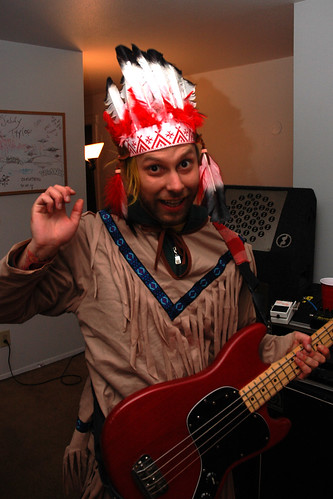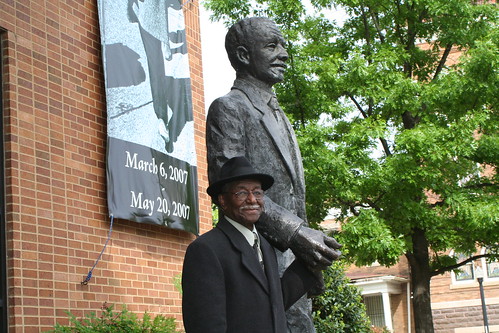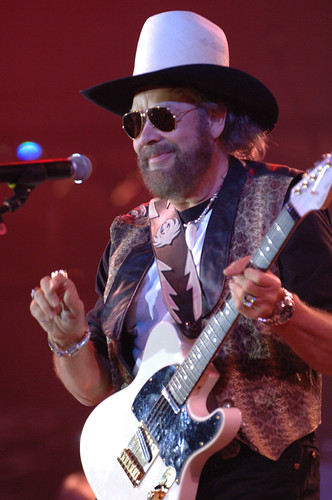"
For the word of God is alive and active. Sharper than any double-edged sword, it penetrates even to dividing soul and spirit, joints and marrow; it judges the thoughts and attitudes of the heart." ~ Hebrews 4:12
According to recent research, regularly reading of the Bible can influence how one views certain subjects like how the government should respond to criminals, caring for the poor and being good stewards of the environment.
Christianity Today weighs in:
"Frequent Bible reading has some predictable effects on the reader. It increases opposition to abortion as well as homosexual marriage and unions. It boosts a belief that science helps reveal God's glory. It diminishes hopes that science will eventually solve humanity's problems. But unlike some other religious practices, reading the Bible more often has some liberalizing effects—or at least makes the reader more prone to agree with liberals on certain issues. This is true even when accounting for factors such as political beliefs, education level, income level, gender, race, and religious measures (like which religious tradition one affiliates with, and one's views of biblical literalism)."
Personally, I see these findings as fascinating when considering my own spiritual journey. As a church-going young person that rarely (if ever) read the Bible myself, I held quite rigid political views. After coming into a personal relationship with Jesus Christ as a sophomore in college, I began to read the Bible regularly for the first time in my life.
Over time, my personal Bible reading went from "regular" to daily. I've read through the complete Bible a dozen times in my adult life and, over the years, my political persuasions have become much more liberal in nature than what they were previously. I do not hold a liberal stance on all matters (for example, I am conservative as they come on abortion) but am much more left-leaning on a variety of issues than my more conservative, evangelical friends.
For example, I once did an in-depth study of the Gospels (Matthew, Mark, Luke, and John) and focused on three specific areas: 1) How did Jesus view money?; 2) How did Jesus view the poor; and 3) How did Jesus view the religious leaders of his time? I came away from this personal study with a much different view on each of those areas than I initially carried with me. Why is that?
CT's
Aaron B. Franzen offers a compelling reason:
"The discussion becomes even more interesting when we consider who is most likely to read the Bible frequently. It's evangelicals and biblical literalists, those who tend to be more conservative on these topics. In other words, those who read the Bible most often are more conservative, but the more they read the Bible, the more likely it is that their views will change, at least on these topics.
Why does this happen? One possible explanation is that readers tend to have expectations of a text prior to reading it. Given the Bible's prominence in our society, it's little wonder that many people think they know what's in it before they open it up. But once they start reading it on their own, they are bound to be surprised by something, and this surprising new content is then integrated and grafted on to the familiar. Beliefs do change with the addition of new information.
But it doesn't have to be unfamiliar content to surprise the reader. It just has to be personally relevant. Frequent Bible readers may have different views of biblical authority, but they tend to read it devotionally, looking for ways in which Scripture is speaking directly to them. They will read until struck by something that sticks out in the text. Even if the reader thinks the Bible has some error or needs a lot of interpretation, this thunderbolt moment can take on tremendous personal significance.
But frequent Bible readers don't just see the Bible as personal. They also see it as authoritative, written by an author who had a specific context and intent, and they want to conform to its message. After all, why read the Bible with no desire to embrace what it teaches?
In short, sometimes reading the Bible can change views and attitudes because readers are surprised by what's in it. Other times, it's just a matter of discipleship."
When I look at my own life, I found that the more I studied the Bible personally and didn't just listen to others talk about it, I discovered much in there that surprised me. Many of my assumptions and personal biases were challenged and, as a result, I have become a much different person with a different view on the world. The point here is not that everyone that understands the Bible well will naturally become more politically liberal. It could be that a person that initially falls more liberal on the politically spectrum might become more conservative after engrossing themselves in the Bible.
There are those that also read the Bible every day and come to much different conclusions than I do politically. It is not always how we view certain policies that is paramount, but the manner in which we express our opinions and disagreements that indicate whether the Bible has taken root in our heart. Because even if I'm right about a certain topic but others experience me as a prideful, arrogant jerk, then I haven't quite yet understood the message of the Holy Scriptures.
In my opinion, there are some things that conservatives get right and some things that liberals get right. But neither have the corner on truth. If I want to get timeless truth, I need go no further than my Bible. Politicians and political pundits may have good insights, but they can never speak for God in ways that God does not speak for Himself. If you have not read the Bible much on your own, I encourage you to do so. It will provide direction for your life and lead you to the one that is
the Way,
the Truth and
the Life -- Jesus Christ.










